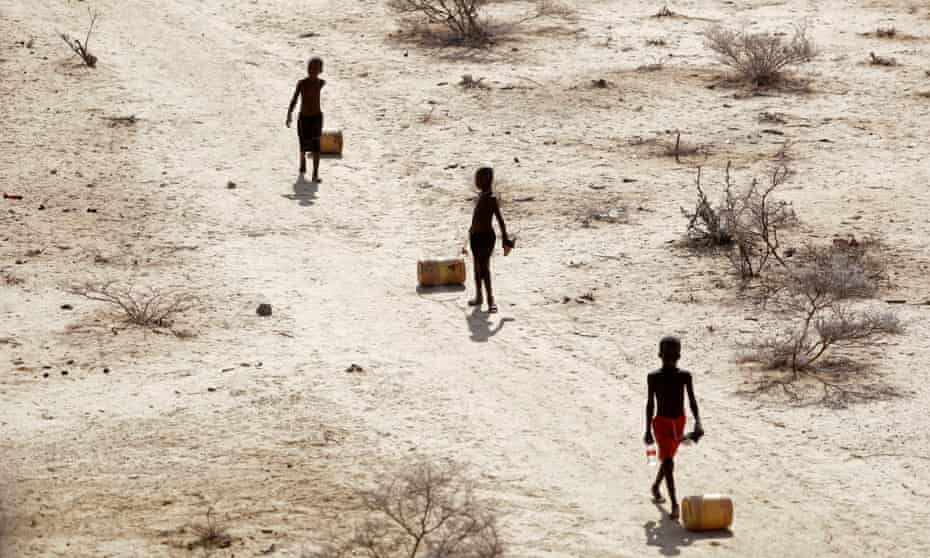A groundbreaking analysis of the Earth’s wellbeing has shown that human activity has pushed the world into the danger zone in seven out of eight newly demarcated indicators of planetary safety and justice.
The report undertaken by the Earth Commission group of scientists, presents disturbing evidence that our planet faces growing crises of water availability, nutrient loading, ecosystem maintenance and aerosol pollution. These pose threats to the stability of life-support systems and worsen social equality.
Published in Nature this Wednesday, the report is said to be the most ambitious attempt yet to combine vital signs of planetary health with indicators of human welfare.
In his reaction, Prof Johan Rockström, one of the lead authors, said: “It is an attempt to do an interdisciplinary science assessment of the entire people-planet system, which is something we must do given the risks we face.
Read also: Experts say climate change to blame for up to 17 deaths on Mount Everest
Speaking further, he said, “We have reached what I call a saturation point where we hit the ceiling of the biophysical capacity of the Earth system to remain in its stable state. We are approaching tipping points, we are seeing more and more permanent damage of life-support systems at the global scale.”
The Earth Commission, which was established by dozens of the world’s leading research institutions, wants the analysis to form the scientific backbone of the next generation of sustainability targets and practices, which extend beyond the current focus on climate to include other indices and environmental justice. It hopes that cities and businesses will adopt the targets as a way to measure the impact of their activities.
Among other things, the study sets out a series of “safe and just” benchmarks for the planet that can be compared to the vital signs for the human body. Instead of pulse, temperature and blood pressure, it looks at indicators such as water flow, phosphorus use and land conversion.
According to reports, the boundaries are based on a synthesis of previous studies by universities and UN science groups, such as the Intergovernmental Panel on Climate Change and the Intergovernmental Science-Policy Platform on Biodiversity and Ecosystem Services.
Story was adapted from the Guardian.
